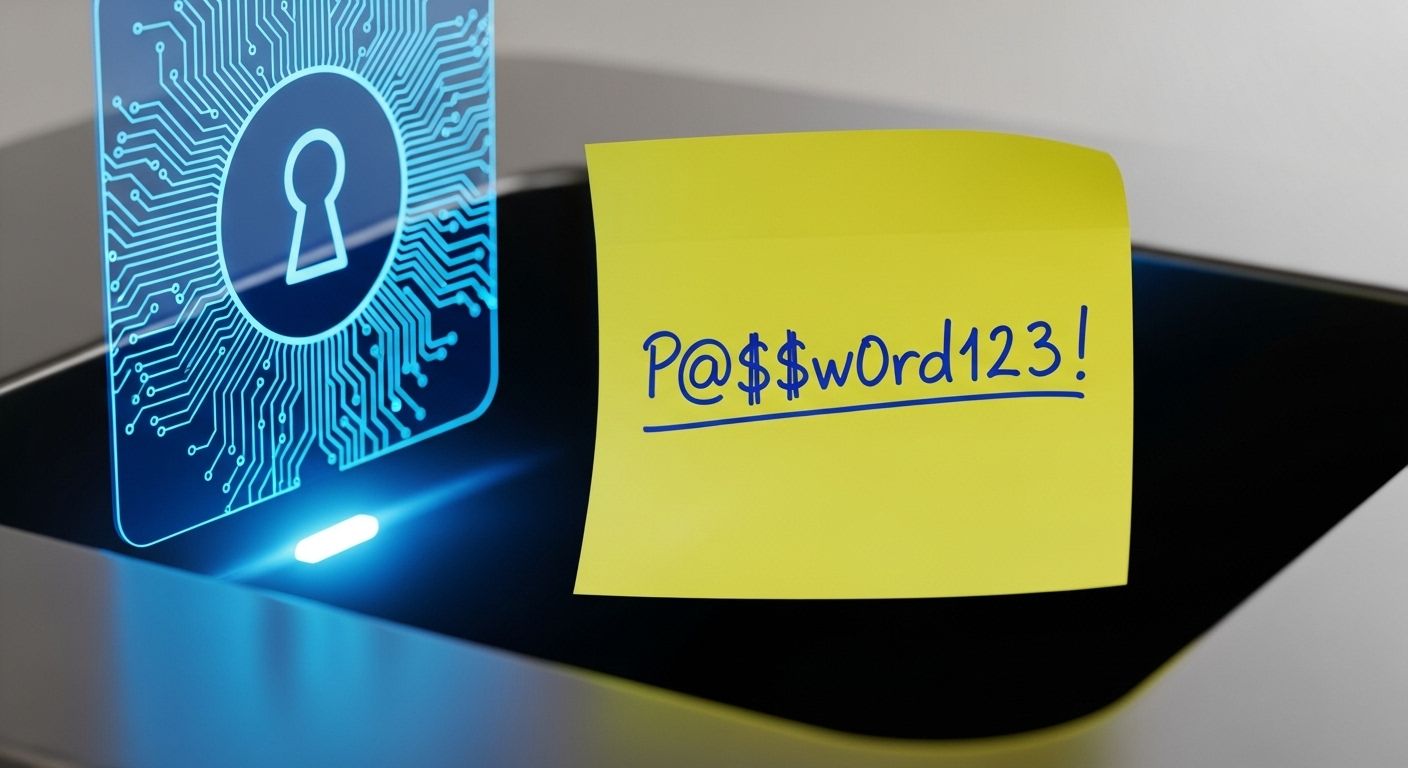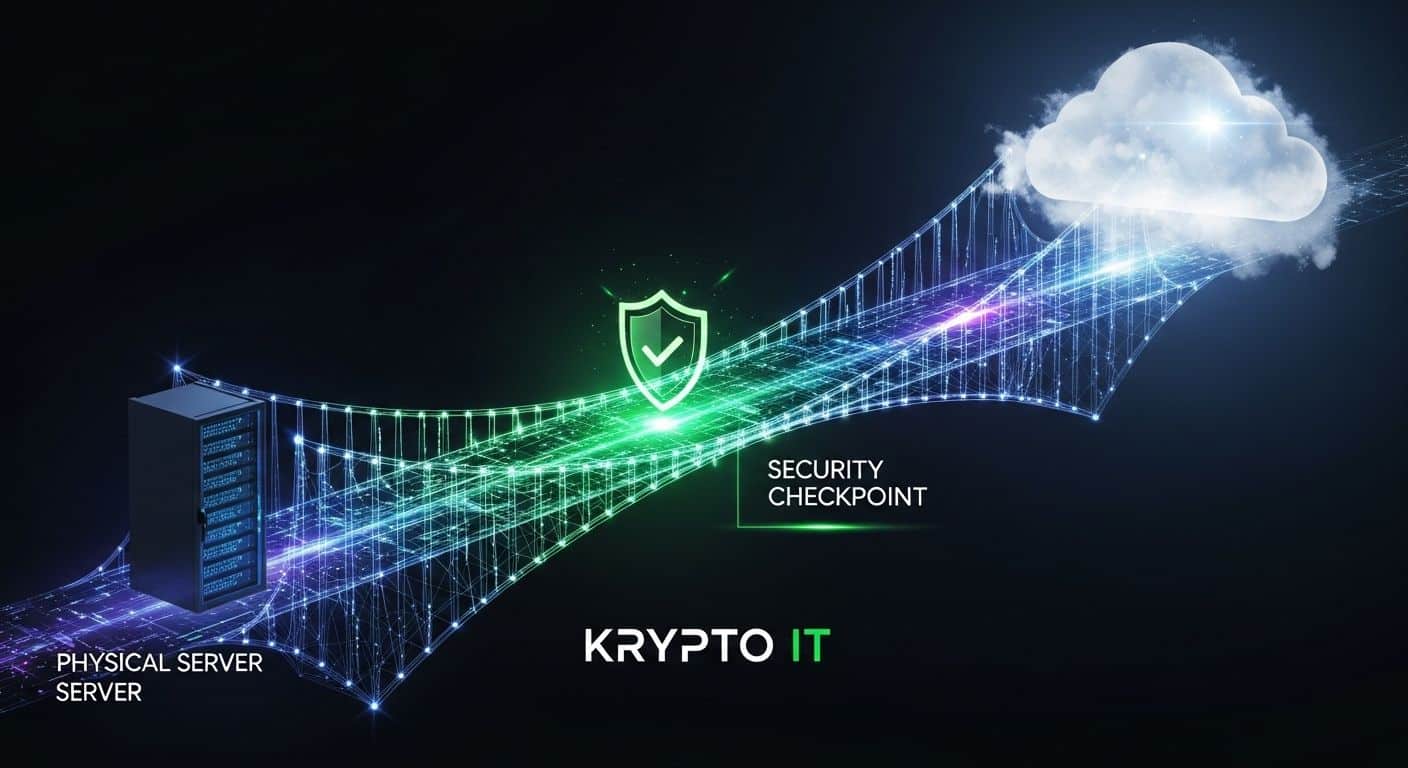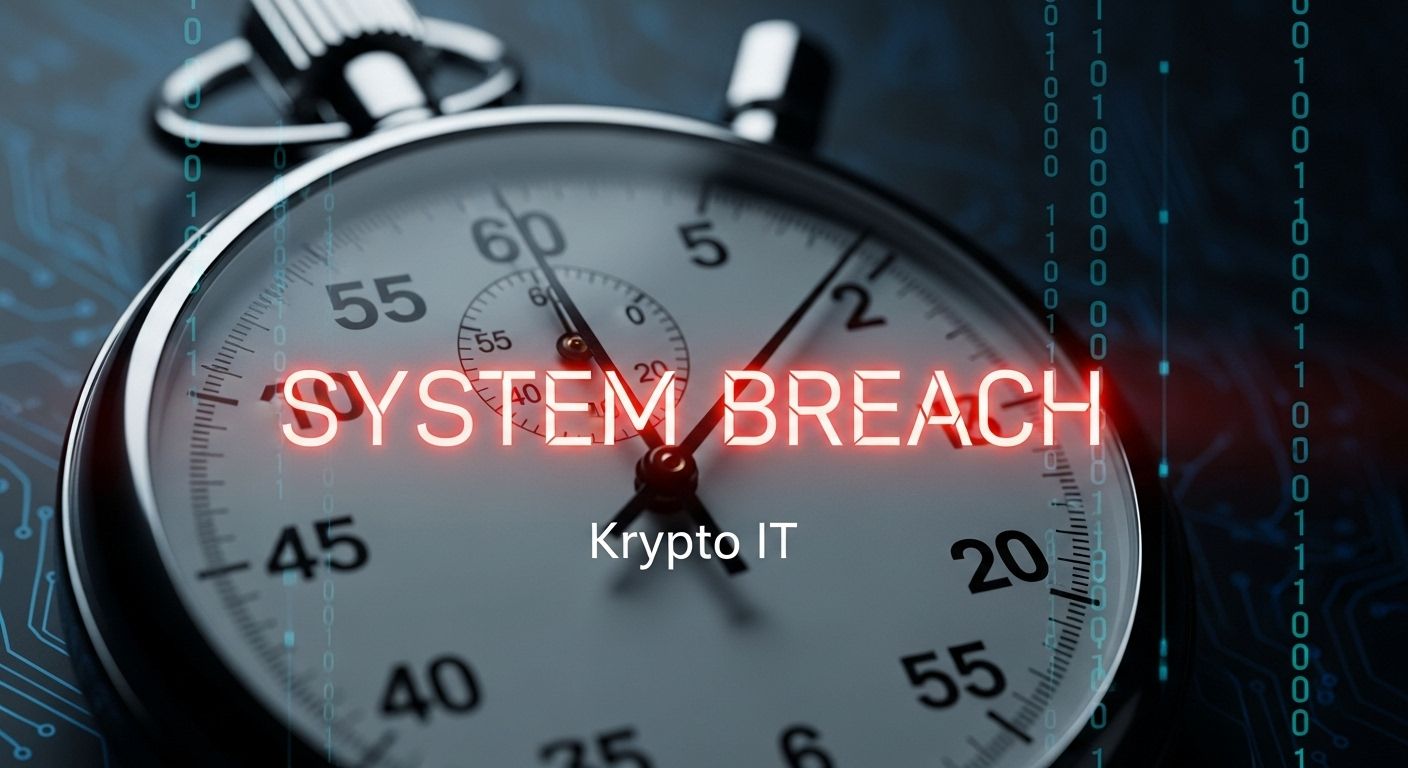
Qilin’s New Low: Ransomware Meets ‘Legal Counsel’
June 23, 2025
EchoLeak: AI’s Zero-Click Data Nightmare
June 26, 2025How AI Now Powers the Majority of Spam & Cyber Attacks
Email has long been the primary vector for cyberattacks, from phishing attempts to malware distribution. For years, we’ve learned to spot the tell-tale signs: awkward grammar, suspicious links, and generic greetings. However, a significant and alarming shift is underway: reports now indicate that Artificial Intelligence generates the majority of spam and malicious emails. This isn’t just an incremental change; it’s a fundamental transformation in how cybercriminals are scaling and refining their attacks, making the digital inbox a more dangerous place than ever for businesses and individuals alike.
For Small and Medium-sized Businesses (SMBs) in Houston, this means your traditional email filters and employee vigilance, while still necessary, are facing an unprecedented challenge from highly convincing, AI-crafted deception at an enormous scale.
The AI Advantage: Why Criminals Love Generative AI
The rise of powerful generative AI models, such as Large Language Models (LLMs), has put sophisticated content creation capabilities into the hands of anyone with internet access. Cybercriminals have quickly embraced this technology, leveraging it for several key advantages:
- Impeccable Grammar and Syntax: Gone are the days of easily spotted grammatical errors and awkward phrasing that used to be a dead giveaway for phishing emails. AI can generate perfectly worded, grammatically correct emails in any language, making them appear legitimate and trustworthy.
- Contextual Coherence and Personalization: AI can quickly process vast amounts of data (often scraped from social media or public company websites) to craft highly personalized emails. Instead of a generic “urgent action required,” AI can reference specific projects, colleagues’ names, or company events, making the email incredibly convincing and tailored to the recipient. This blurs the line between mass phishing and spear phishing.
- Vast Scale and Speed: What once took hours for a human to craft a single, convincing phishing email can now be done by AI in seconds, across thousands or millions of variations. This allows cybercriminals to launch hyper-personalized campaigns on an unprecedented scale, overwhelming traditional defenses.
- Language and Tone Manipulation: AI can perfectly mimic various tones – urgent, helpful, authoritative, friendly, or even distraught. This enables scammers to play on specific emotions (fear, curiosity, helpfulness) far more effectively, making their social engineering tactics more potent.
- Multi-Modal Content Generation: Beyond just text, AI can generate highly realistic images, logos, and even synthesize voices (deepfakes). This allows for the creation of incredibly convincing fake websites, login pages, and even vishing (voice phishing) attempts that are difficult to distinguish from real communications.
- Evasion of Traditional Filters: Traditional email filters often rely on pattern matching, keywords, and known malicious indicators. AI-generated emails, with their dynamic content and natural language, are far more adept at evading these static rules, increasing their delivery rate to inboxes.
The Escalating Threat: What AI-Generated Emails Deliver
This flood of AI-generated malicious emails isn’t just about more spam; it’s about more effective delivery of serious threats:
- Credential Phishing: AI crafts highly convincing login pages for cloud services (Microsoft 365, Google Workspace), banking portals, or internal systems, tricking users into surrendering their usernames and passwords.
- Malware Distribution: Attachments containing ransomware, spyware, or other malicious payloads are disguised as legitimate documents, invoices, or internal reports. AI can generate compelling reasons to open these attachments.
- Business Email Compromise (BEC): AI can mimic the writing style of executives or colleagues, crafting “urgent” requests for wire transfers, gift card purchases, or sensitive data transfers that appear to come from a trusted source.
- Vishing (Voice Phishing) & Deepfakes: With AI voice synthesis, phone calls can appear to come from legitimate sources, leveraging the power of a familiar voice to coerce victims.
- Initial Access for APTs: Sophisticated, AI-powered spear phishing emails can serve as the initial entry point for Advanced Persistent Threat (APT) groups, aiming for long-term infiltration and data exfiltration.
The Impact on Houston SMBs
For SMBs in Houston, the implications of AI-generated malicious emails are severe:
- Overwhelmed Defenses: Your existing email security might struggle to keep up with the volume and sophistication of AI-generated attacks.
- Increased Risk of Breach: More convincing emails mean a higher likelihood of employees falling victim, leading to data breaches, financial losses, and system compromise.
- Reputational Damage: A successful BEC attack or data breach originating from an AI-generated email can severely damage your customer trust and brand image.
- Lost Productivity: Dealing with security incidents, even small ones, takes valuable time and resources away from your core business operations.
- Training Challenges: It’s increasingly difficult to train employees to spot fakes when the fakes are nearly perfect.
Defending Your Houston SMB Against AI’s Email Onslaught
Combating AI-generated spam and malicious emails requires an adaptive and multi-layered defense strategy:
- Advanced Email Security Gateways (with AI/ML Capabilities): Upgrade your email security. Invest in solutions that leverage AI and machine learning to analyze email content, sender behavior, and threat intelligence in real-time, going beyond simple keyword matching. Look for capabilities like URL rewriting, attachment sandboxing, and impersonation detection.
- Mandatory Multi-Factor Authentication (MFA): This is your strongest defense against credential phishing. Even if an employee falls for an AI-generated phishing email and gives up their password, MFA prevents unauthorized access without the second factor. Make it mandatory for all cloud services, email accounts, and critical internal systems.
- Continuous and Evolving Security Awareness Training:
- Focus on Behavior, Not Just Grammar: Train employees to be skeptical of any unsolicited email, especially those that create a sense of urgency or emotional pressure.
- Out-of-Band Verification: Emphasize verifying suspicious requests (especially financial or sensitive data requests) through a different, known communication channel (e.g., calling the sender on a verified phone number, not replying to the email).
- Simulated Phishing Attacks: Conduct frequent and increasingly sophisticated phishing simulations to test employee vigilance and provide immediate feedback.
- AI-Specific Warnings: Educate staff on the capabilities of AI in generating convincing fakes (deepfakes, realistic emails) and the need for extreme caution.
- Zero Trust Principles: Assume every email is potentially malicious until verified. Implement least privilege access to limit the damage if an account is compromised.
- Endpoint Detection and Response (EDR/MDR): Even if a malicious email slips through and an employee clicks a link or opens an attachment, EDR/MDR solutions can detect and neutralize malware or suspicious activity on the endpoint before it can cause widespread damage.
- Strong Password Policies and Password Managers: Encourage employees to use unique, strong passwords for every online account, ideally managed by a reputable password manager, to mitigate the impact of any successful credential phishing.
- Incident Response Plan: Have a clear, tested plan for what to do if an employee reports a suspicious email or if a successful breach occurs due to an email-borne attack.
The era of AI-generated malicious emails is here, fundamentally changing the landscape of cyber threats. For Houston SMBs, staying ahead means embracing advanced defensive technologies and, crucially, continuously empowering your human firewall. Krypto IT specializes in providing these cutting-edge solutions and comprehensive training, ensuring your business is resilient against this unprecedented wave of intelligent deception.
Don’t let AI’s dark side flood your inbox and compromise your business.
Contact us today to schedule a free consultation and fortify your email defenses against the AI-powered onslaught.




